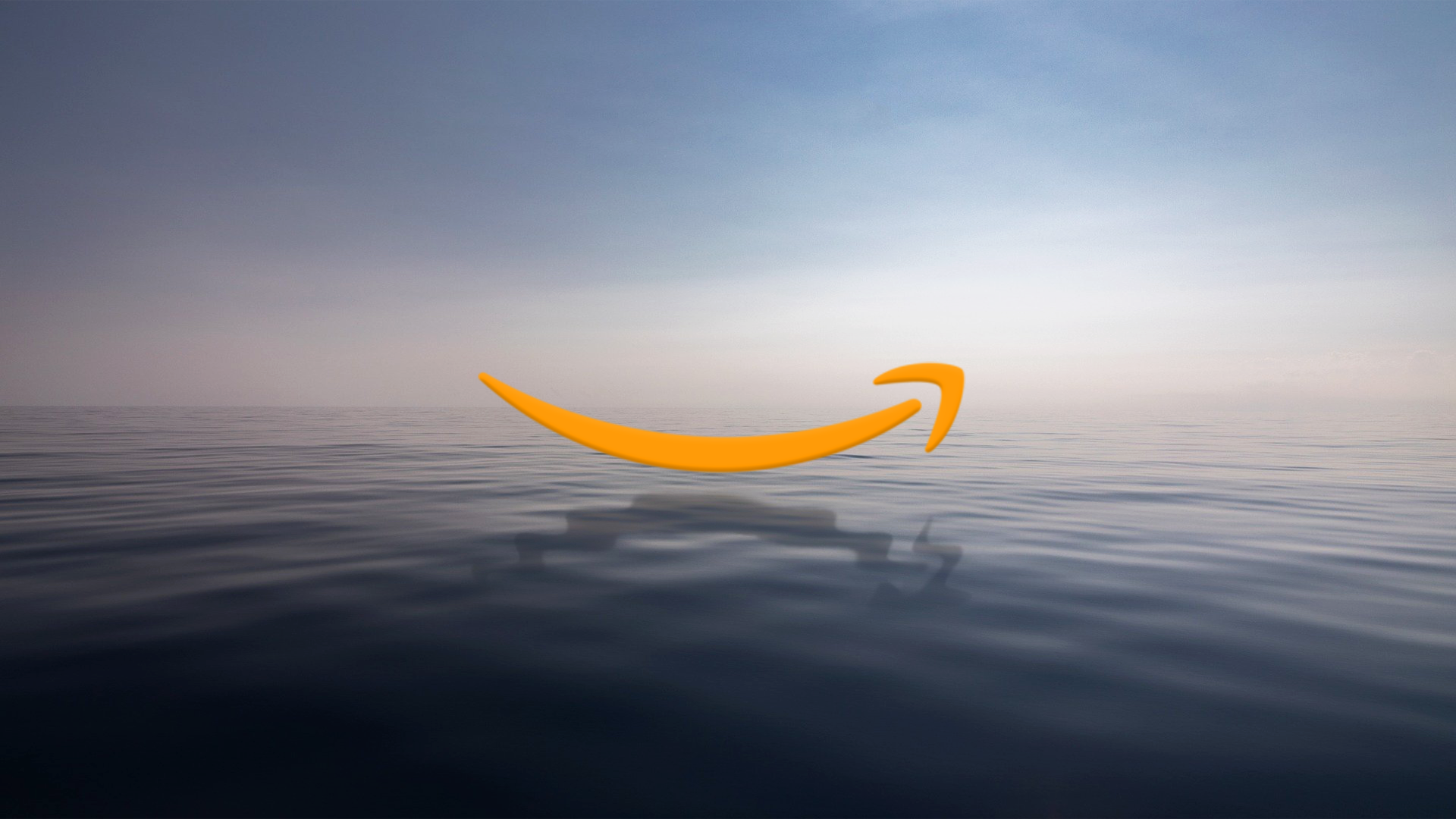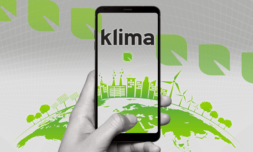Marine conservationists have revealed some truly shocking statistics concerning e-commerce giant Amazon and the abundance of its plastic packaging currently being dumped into our oceans.
Amazon has been embroiled in controversy for years over its persistent use of plastic packaging habitually ferried across all four corners of the globe, and as we approach the end of 2020, recent statistics divulged by marine conservationists won’t do the retail giant’s PR any favours either.
When Jeff Bezos pledged $10 billion to assist charities with combatting the effects of climate change during the coming decade, openly advocating to make the company carbon neutral by 2040, it might’ve seemed that Amazon had turned over a new leaf.
Despite this pivot to becoming more environmentally conscious however, a new report from ocean conservationists Oceana alleges that Amazon’s purported progress pales in comparison to the devastating impact its delivery packages are having on our waterways and seas.
The report suggests that in 2019 alone, Amazon generated an estimated 211,000 tons of plastic packaging ‘destined not for recycling, but for landfill, the incinerator, or the environment,’ according to Oceana’s Vice President, Matt Littlejohn. The key offender being that thin white packaging you’re no doubt familiar with – commonly referred to as plastic film – deemed an un-recyclable material by most curb-side collection services in the UK, Canada, and the US, where as little as 4% of polyethylene plastic film was recycled in 2017 (as per industry reports).
To put this into perspective, the gargantuan plastic footprint Amazon has to answer for would equate to dumping a ‘van load’ of plastic waste in the ocean every 70 minutes and would provide enough packaging to wrap the circumference of the Earth 500 times over. Scary eh?




















